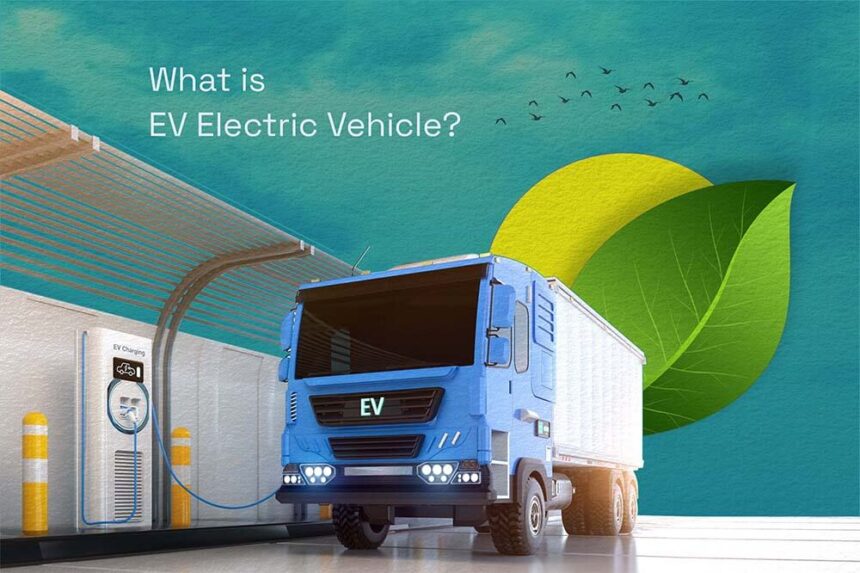At this pivotal point sustainable development and economic growth must coexist in India one of the economies with the fastest rate of growth in the world. In the fight against climate change as the country works to lower its carbon footprint maintain energy security and promote clean energy practices corporate responsibility plays an ever-more-important role. This essay explores the ways leading Indian companies are implementing clean energy strategies and the important role corporate responsibility is playing in promoting this change.
Indias Transition to Clean Energy.
Driven by the desire to meet environmental regulations and improve sustainability Indian corporations are moving forward with their shift to clean energy.
Crucial tactics consist of:.
Adoption of Renewable Energy: Indian businesses are making significant investments in renewable energy sources like biomass solar and wind. Leading the charge Adani Green Energy and Tata Power have pledged to increase their portfolios of renewable energy. This change complies with international sustainability standards in addition to supporting national energy goals.
Energy-efficiency initiatives: Are being implemented by businesses in various sectors with the aim of reducing their energy consumption. Using energy-efficient HVAC and lighting systems modernizing industrial processes and implementing intelligent energy management systems are some examples of this. Such actions are essential for cutting expenses associated with operations and improving energy efficiency overall.
Green supply chains: Establishing sustainable supply chains is a growing corporate priority. Reducing carbon emissions through logistics optimization ensuring suppliers follow eco-friendly policies and ethical raw material sourcing are all part of this.
Corporate Social Responsibility and Sustainable Development in India.
In India corporate responsibility serves as a spur for the advancement of sustainable development and clean energy. It helps in the following ways:.
Sustainability Policies and Objectives: To cut greenhouse gas emissions become carbon neutral and boost the use of renewable energy numerous Indian businesses have developed strong sustainability policies and set high objectives. Businesses efforts to adopt clean energy are greatly aided by these commitments. In an effort to promote sustainability Indian businesses are actively interacting with a variety of stakeholders such as local communities investors employees and customers. Clear communication regarding environmental goals and accomplishments promotes cooperation and trust in the pursuit of clean energy objectives.
Clean energy technology innovation is propelled by corporate responsibility. In order to create new solutions for energy storage energy generation from renewable sources and energy efficiency Indian companies are investing in R&D. These developments are crucial for quickening the nations transition to clean energy.
Collaborations and Partnerships: To boost clean energy initiatives businesses are forming strategic alliances with governmental entities non-governmental organizations (NGOs) and other companies. These partnerships promote the exchange of best practices and increase the impact of sustainability initiatives.
India Case Studies.
Tata: One of the biggest and most reputable conglomerates in India the Tata Group has made significant investments in renewable energy through Tata Power. To lessen its carbon footprint and boost its capacity for renewable energy Tata Power has set high standards. Along with promoting sustainability and energy efficiency throughout its operations the company has a number of wind and solar power projects.
Reliance Industries: A prominent participant in the Indian energy market Reliance Industries is making large investments in sustainable energy sources. The firm has declared its intention to launch a new energy venture with a focus on hydrogen generation and renewable energy. In addition to actively working to incorporate sustainable practices throughout all facets of its business operations Reliance aspires to become net carbon zero by 2035.
Infosys: One of Indias leading IT companies Infosys has led the way in sustainable initiatives. For its campuses electricity the company has made investments in wind and solar energy projects. Moreover Infosys has reduced energy use and carbon emissions significantly by implementing energy-efficient practices throughout its operations.
Mahindra & Mahindra: The massive automotive and industrial conglomerate has made significant investments in energy efficiency and renewable energy. The creation of electric vehicles solar power installations at manufacturing facilities and extensive energy conservation programs are just a few of Mahindra & Mahindras sustainability initiatives. The corporation wants to be carbon neutral by 2040.
Wipro: Another significant player in the Indian IT services sector Wipro has led the way in corporate sustainability. The company has pledged that by 2030 all of its electricity will come from renewable sources. Wipro is committed to a sustainable future as evidenced by its sustainability programs which also prioritize waste management water conservation and energy efficiency.
Conclusion
The sustainable development of India depends on the role that corporate responsibility plays in promoting clean energy. Prominent Indian enterprises such as Wipro Mahindra & Mahindra Infosys Tata Group and Reliance Industries are exemplifying the effective integration of sustainability into business operations. These businesses are establishing an example for others to follow by embracing sustainable supply chains putting energy efficiency measures into place and adopting renewable energy practices. A competitive advantage in the market is provided by corporate responsibility which also improves environmental stewardship. Indian businesses are leading the way towards a more sustainable and environmentally friendly future by placing a high priority on clean energy.






